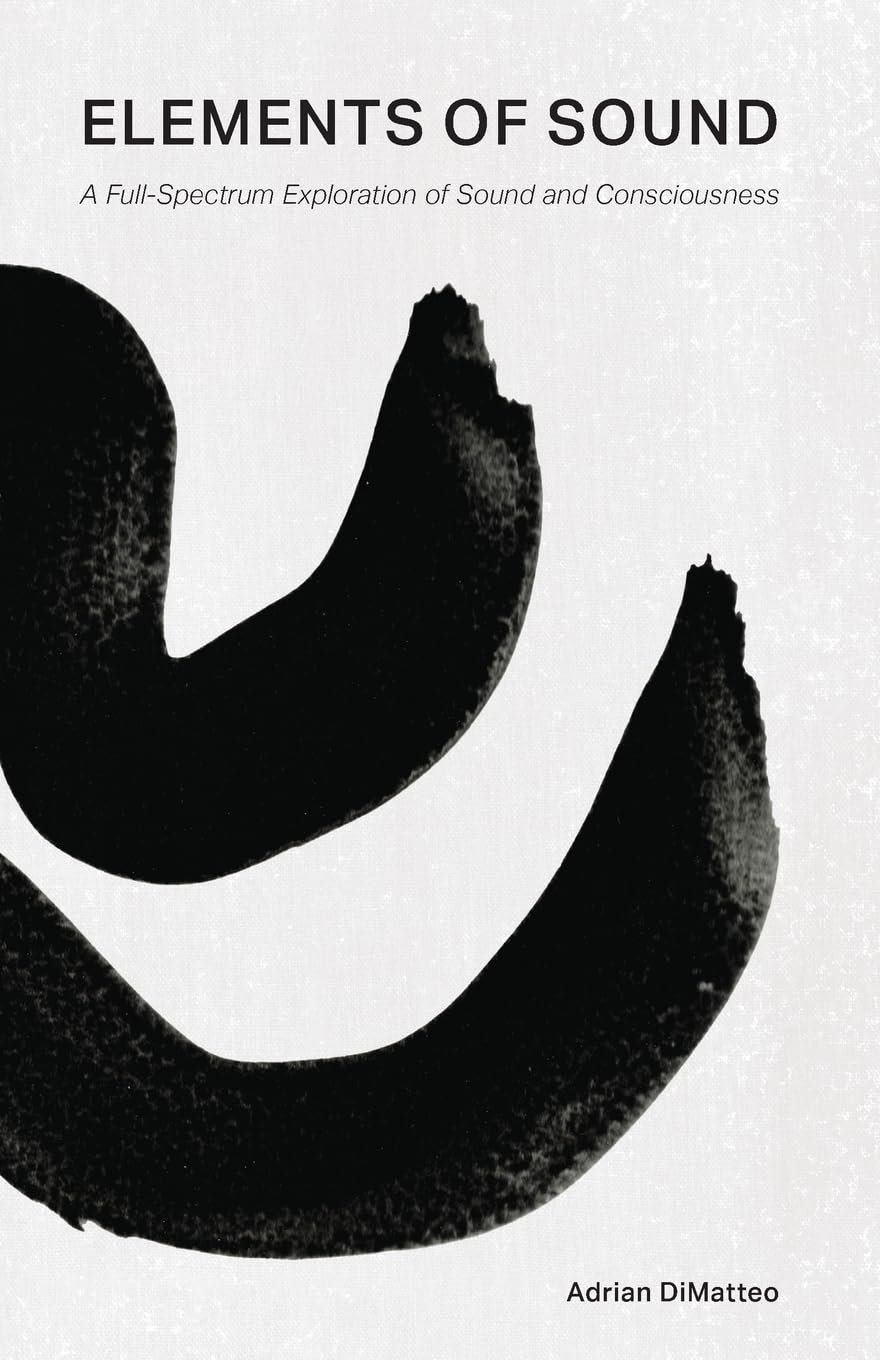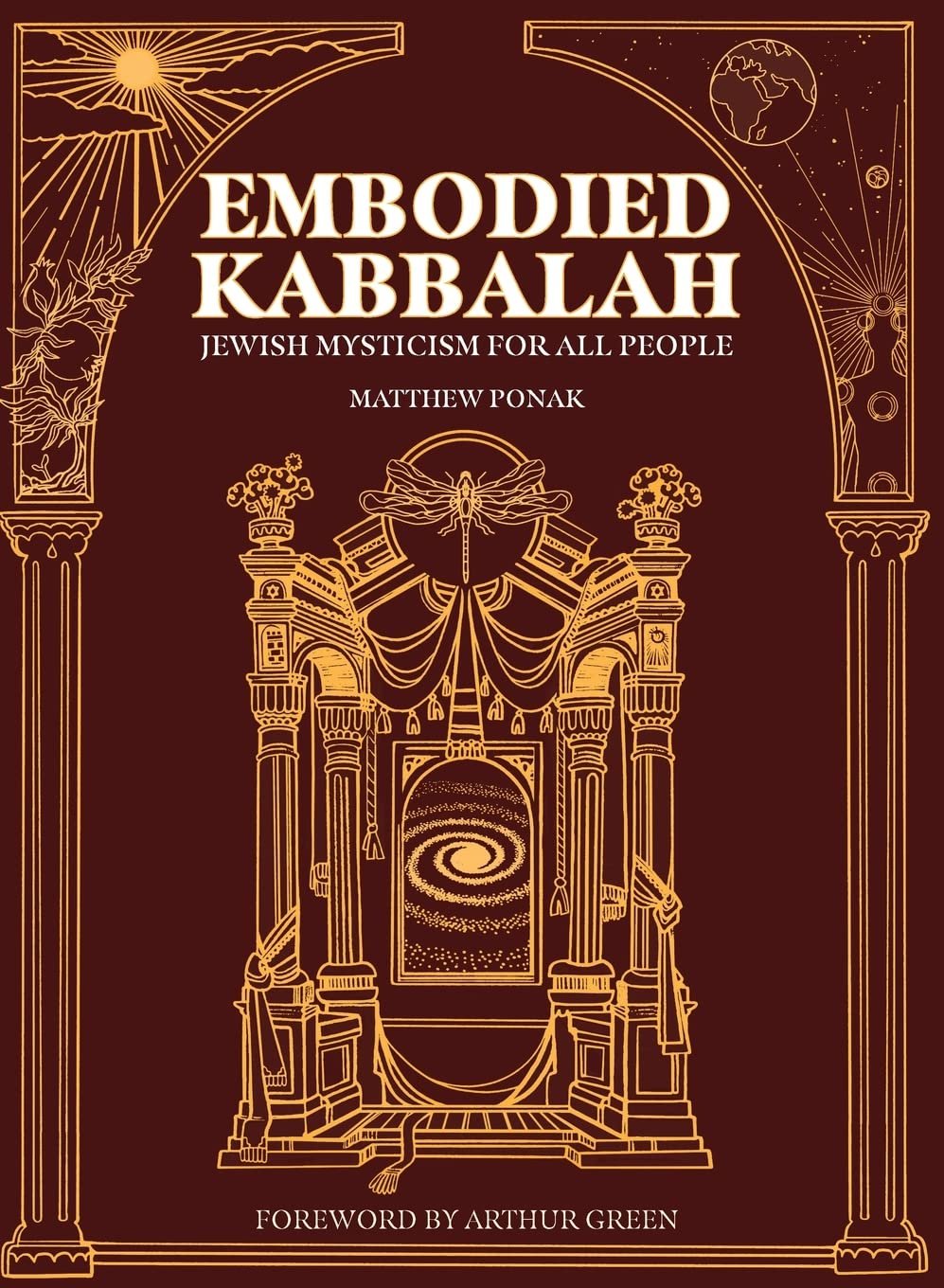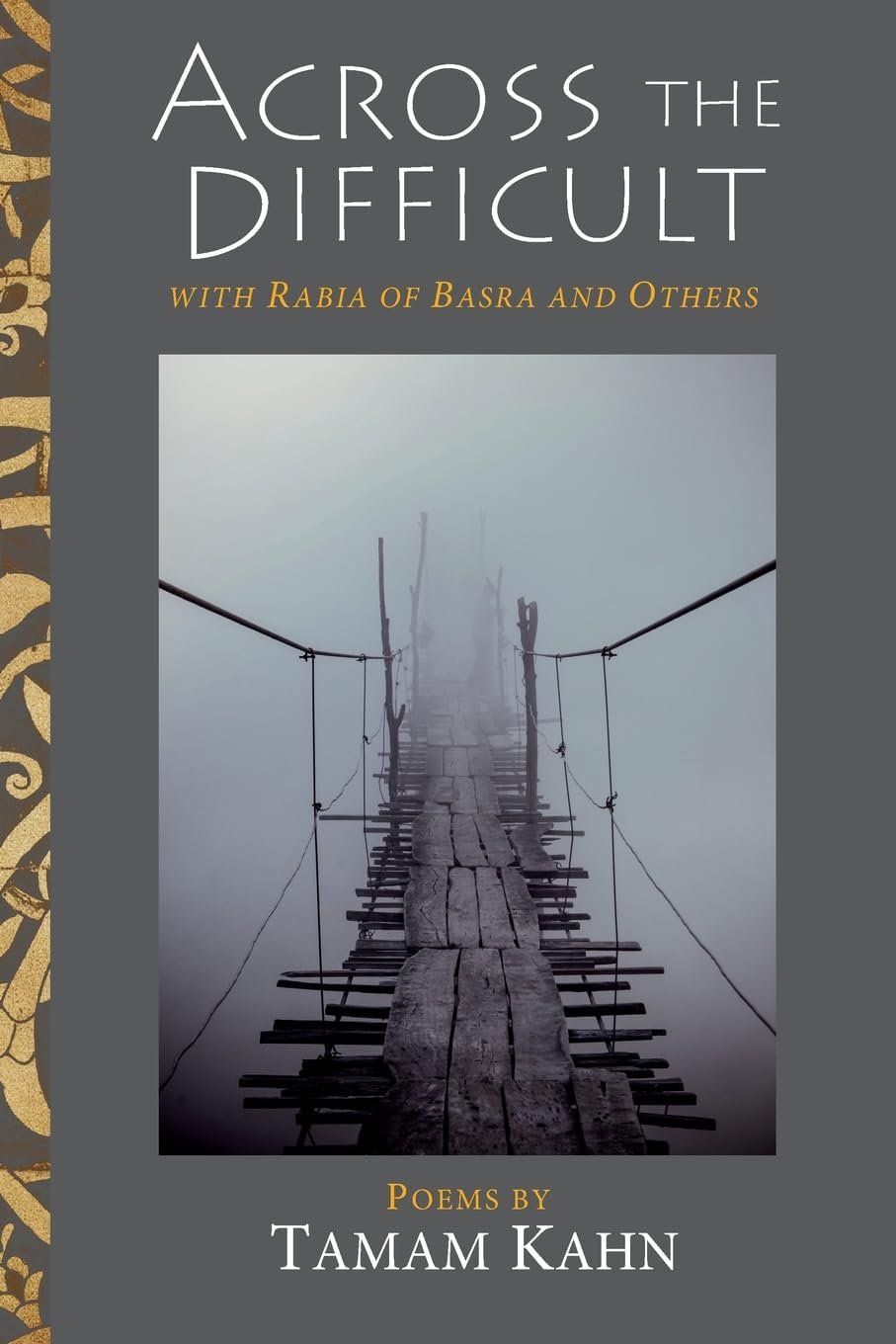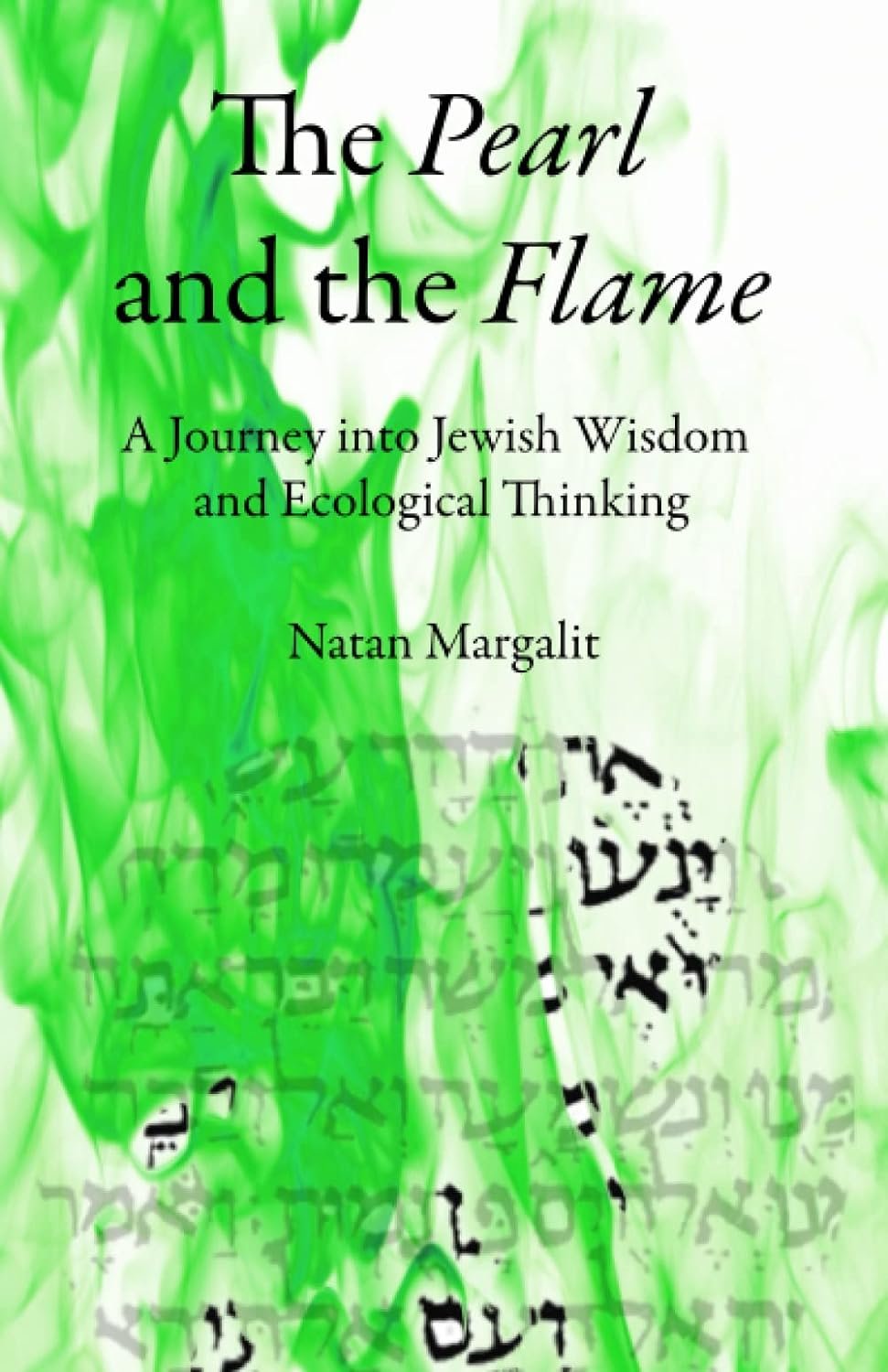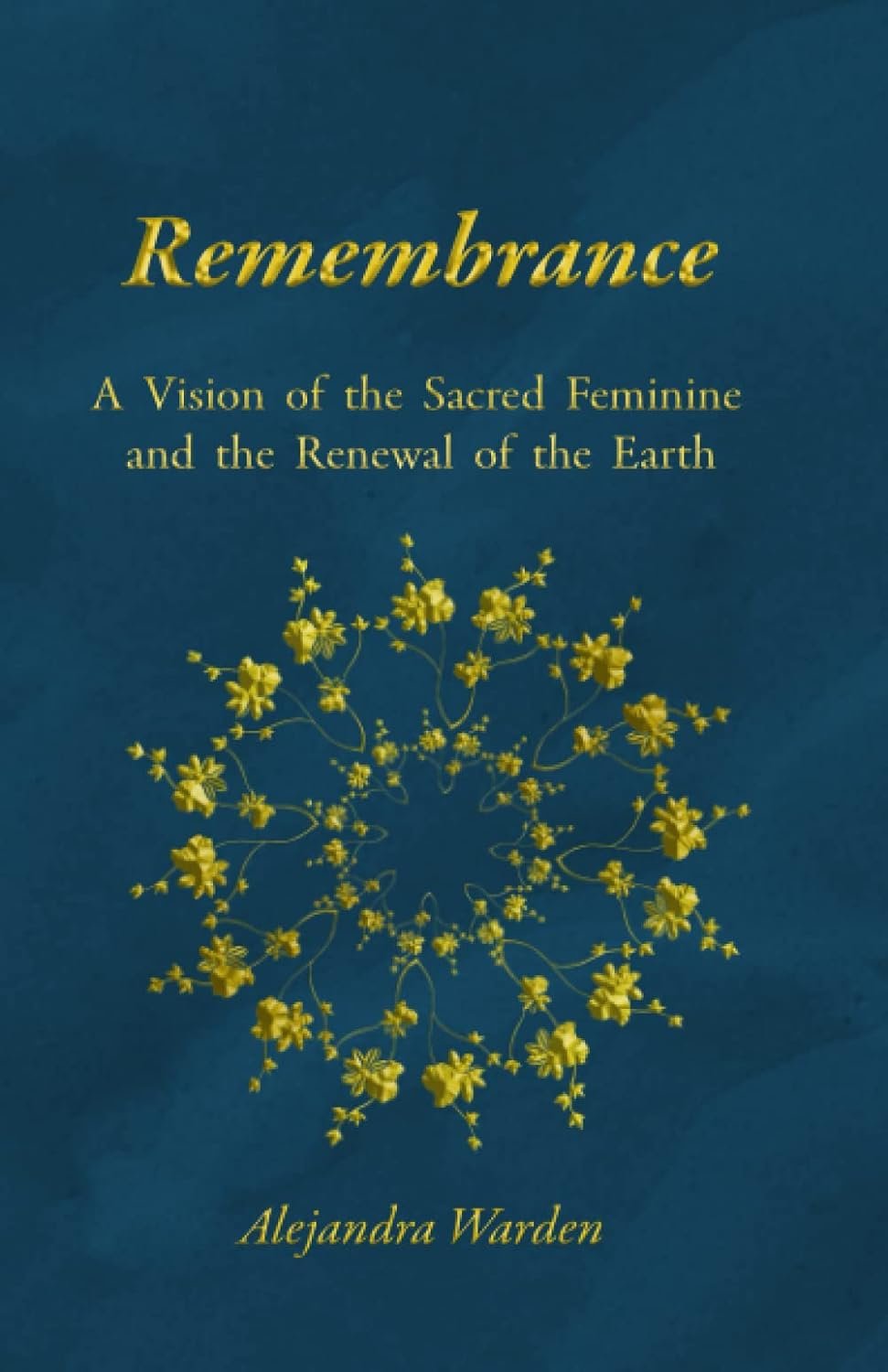FEATURED TITLES
Elements of Sound: A Full-Spectrum Exploration of Sound and Consciousness by Adrian DiMatteo
Elements of Sound explores the relationship between sound and consciousness at the intersections of science, spirituality and music theory. DiMatteo's approach draws inspiration from ancient and modern thinkers, scientists and indigenous wisdom-keepers, relating sound as both a primal mystery and a practical tool for communication, healing and transformation.
Weaving together diverse perspectives, Elements of Sound compares global traditions of song, poetry, storytelling and sacred language. It invites us to consider how sound and silence frame our innermost thoughts, and to be aware that sound itself constitutes our beliefs, identities and the words we use to define reality.
Influenced by such classics as The Mysticism of Sound and Music by Hazrat Inayat Khan and The Kybalion by Three Initiates, Elements of Sound penetrates the cosmology, esotericism and philosophy of sound and music, suggesting that thoughts are subtle forms of sound which impact our psychophysiological health.
Drawing from decades of experience in academic, clinical and ceremonial settings, DiMatteo conveys the relevance of sound, music and language across human culture. Spiritual seekers, curious minds and students of music will find an oasis of inspiration in his work, along with a common language to discuss what might otherwise seem ineffable.
Embodied Kabbalah:
Jewish Mysticism For All People
by Matthew Ponak
Touching Infinity with your feet planted in ordinary reality; this is the goal of Jewish mysticism. In this transformational work, Matthew Ponak brings forward essential teachings from Kabbalah and places them side-by-side with profound inspirations from our era and the world's great wisdom traditions. In an age polarized between materialism and spiritual bypassing, Embodied Kabbalah offers a vision that is balanced, nuanced, and hopeful: never before translated texts with lucid commentaries shed light on obscure traditions of mystical enlightenment; fascinating descriptions of the paradoxical nature of reality are placed next to cautionary guidance against travelling too quickly on the road to expanded consciousness; spiritual practices for grappling with depression and sadness come in tandem with illuminated poetry of what our world could look like if we all strove to be truly loving. Using the stunning visual layouts of traditional Torah commentary, Ponak opens the gateway for Judaism to add its much needed voice to the universal quest for meaning, inner knowing, and rooted transcendence.
Across the Difficult:
With Rabia of Basra and Others
by Tamam Kahn
Tamam Kahn's poetry carries bright exuberance, as well as empathy and sorrow. Her work is inspired by the mystical Middle East, and her time in Morocco and Syria. The poems are anchored with her research on women from early Islam to today. Anecdotes from history are mixed with today's unchosen difficulties. The reader is introduced to the remarkable Rabia of Basra (Rabi'a al-Adawiyya), eighth-century leader on the path of Unity of Being. What would it be like to meet with her today? Across the Difficult presents tales of other famous mothers such as Eve (known as Grandmother Eve in Arabia), Hagar, Sayyida Zaynab-granddaughter of Prophet Muhammad, her niece Ruqayya, and Fatima al-Fihri, founder of the great Qarawiyyin University, who changed history with her life's work. The brutal difficulties of living at this time in countries such as Afghanistan, Syria, Ukraine and other countries, are included in the final poems.
"What a joy to read Tamam Kahn's Across The Difficult! Some approach the Sufi tradition like a fossil, an icon of a bygone era, or an artifact we encounter in a museum. Tamam's beautiful book is a reminder that the Sufi tradition is a living tradition, a river of transmission, that has come from the Divine Beloved and will sweep us up to carry us back Home.” — Omid Safi, professor of Asian and Middle Eastern Studies at Duke University, and founder of Illuminated Courses and Tours
The Pearl and The Flame:
A Journey
into Jewish Wisdom and Ecological Thinking
by Natan Margalit
Woven with stories of the author’s journey from a secular upbringing in Honolulu to Orthodox Judaism in Jerusalem, and back to his own spiritual path, The Pearl and the Flame brings a new integration of ecological thinking and core Jewish concepts. This new integration puts Judaism at the forefront of our struggles against current crises, such as climate change, the culture of addiction, and social fragmentation. For centuries, Western civilization has controlled and manipulated the world by breaking things down into its smallest parts. This approach has led to many amazing achievements of the modern world, but it has now brought us to the brink of environmental destruction and social fragmentation. In response, people have started turning to more holistic modern approaches such as ecology and systems thinking. Yet, these modern approaches cannot, by themselves, heal us. Judaism, along with other Indigenous and traditional cultures, has preserved the seeds of ways of thinking that existed before we learned to dissect the world: understanding through seeing patterns and relationships. The Pearl and the Flame offers a timely integration of old and new, helping us to move from isolation to connection.
Remembrance: A Vision of the Sacred Feminine
and the Renewal of the Earth
by Alejandra Warden
From the Prologue: “When the miraculous bursts into our path, it changes our destiny.” For three consecutive days I woke up hearing these words in my head. I didn’t know that they prefigured what was about to happen. It was in the autumn of 1996, and I had recently become a mother. I was raising children and working. Like most people, I had projects, goals, prospects. Like many women, I also clearly perceived the cultural injustice against the feminine in our world, and often, when I was alone in silence, deep inside I sensed a profound pain—piercing, ancient, and ancestral. But it was ‘just a feeling.’ Then I experienced a series of intense mystical experiences that would forever transform my life. For seven months, I would receive teachings and visions on the sacred essence of a feminine wisdom, a wisdom that lies dormant in the depths of us all. The recovery of this wisdom gives back to the feminine (and to women, in particular) a true purpose and path to freedom. On this incredible journey of consciousness, I learned about the history of the Earth—from her origin to the present— and was shown the wonders of different realms of nature and dimensions of existence. Before my eyes, the tremendous love, power, and wisdom of the feminine was unveiled, as well as a marvelous possible future for our planet. As the cycle of visions was coming to an end, I was asked to share what I had learned. But I soon discovered that I could not do it immediately. The impact of the experience generated a deep process of inner transformation that would last for many years to come.
Gathekas
by Hazrat Pir-o-Murshid Inayat Khan
"The meaning of the word ‘Sufism’ is ‘wisdom.’ Wisdom is a knowledge acquired from within and without. Sufism is not only intuitive knowledge; it is knowledge acquired from life in the world, too. Sufism is not a religion, nor a cult or a doctrine. The best explanation of Sufism is that any person who has a knowledge of life outside and inside is a Sufi. For this reason, there has never been in any period of the world’s history a founder of Sufism; and yet, Sufism has always existed."
Among the oral teachings of Hazrat Inayat Khan (1882-1927), collected and transcribed for private use by his murids, the Gathekas were specifically intended for taliban, or ‘candidates’ for initiation into the Sufi path. The Sanskrit word, gāthikā, refers to an epic poem or sacred song, and is consistent with the other music and poetry related titles he gave to most of his more focused teachings for murids. In this case, these are teachings meant to help seekers understand the fundamentals of the Sufi Message and the nature of the Sufi path.
Embracing Wisdom:
Soaring in the Second Half of Life
by Malka Drucker & Nadya Gross
Here is a handbook for accessing the secrets of the second half of life. In the first half of life, we strive, work, achieve, compete, and accumulate. Will we do this until we die? Because we live in a world that worships youth—often disparaging aging (and our elders)—we have little imagination for embracing the possibilities that aging offers. Based upon the pioneering work of Rabbi Zalman Schachter-Shalomi, Embracing Wisdom: Soaring in the Second Half of Life (Revised Edition) presents aging as an opportunity on the frontier of human development, an opportunity to complete life successfully and leave a legacy of wisdom to future generations.
